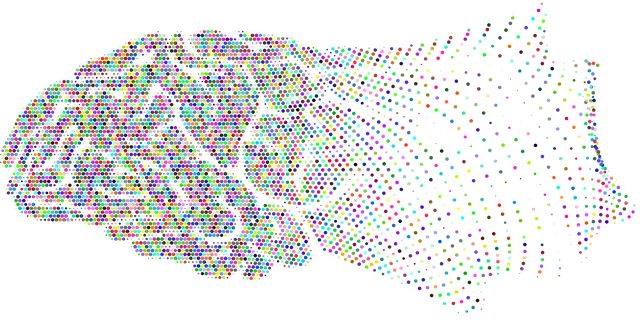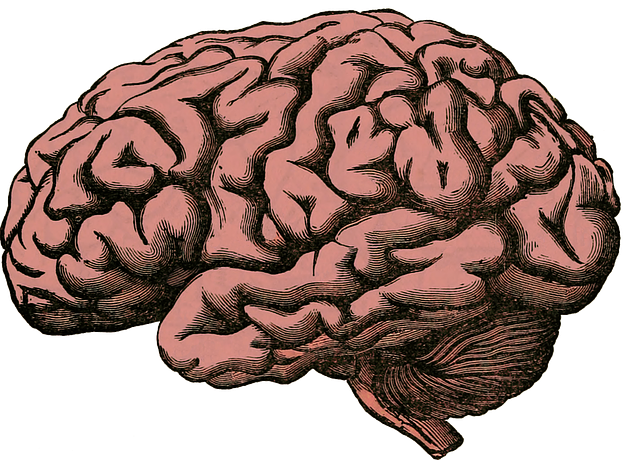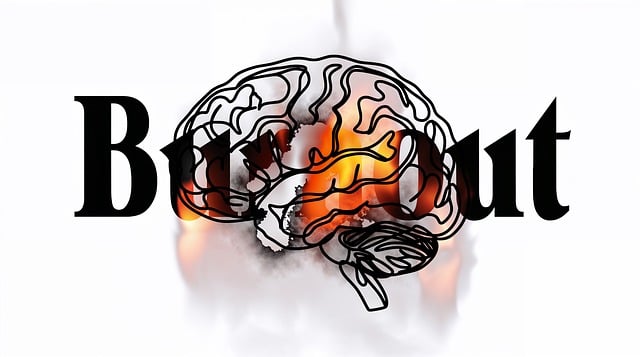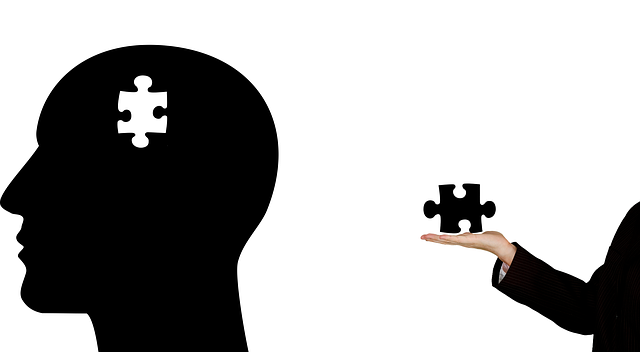Adolescent Adjustment Disorder (AAD) is a common mental health issue in teens, manifesting as mood swings, anxiety, and behavioral problems. Effective therapy requires recognizing symptoms like substance abuse or social withdrawal. Culturally sensitive care and emotional intelligence training are key. Mental health education in schools empowers teens with coping strategies, reducing stigma and promoting well-being. A structured program integrating CBT, mindfulness, and emotional intelligence training can significantly aid teens struggling with AAD. Incorporating crisis intervention, risk management, and burnout prevention ensures educators can provide immediate support and long-term effectiveness. Evaluating the program's success through surveys and interviews shows improvements in mental health awareness, coping strategies, and self-care routines.
Mental health education programs play a pivotal role in supporting adolescents, especially those grappling with Adjustment Disorder. This article delves into the comprehensive design of such programs, focusing on symptoms and challenges common in adolescent adjustment disorder, the critical role of mental health education in teen support, and evidence-based therapies tailored for youth. By exploring key components for success and evaluating program impact, we aim to enhance wellbeing and provide effective therapy for adolescent teens with adjustment disorders.
- Understanding Adolescent Adjustment Disorder: Symptoms and Challenges
- The Role of Mental Health Education in Teen Support
- Designing an Effective Program: Key Components for Success
- Incorporating Evidence-Based Therapies for Youth
- Implementing and Evaluating the Program's Impact on Teen Wellbeing
Understanding Adolescent Adjustment Disorder: Symptoms and Challenges

Adolescent Adjustment Disorder (AAD) is a common mental health challenge faced by many teens, often characterized by a persistent pattern of emotional and behavioural difficulties that interfere with daily functioning. Recognizing the symptoms is crucial for effective therapy among adolescent teens. These can include severe mood swings, irritability, anxiety, depression, and even physical complaints without obvious medical causes. The disorder may manifest as substance abuse, reckless behaviour, or social withdrawal, each presenting unique challenges in various settings such as school or home.
Understanding AAD requires a nuanced approach that considers the individual’s emotional intelligence, stress management skills, and cultural background. For instance, cultural sensitivity in mental healthcare practice is essential, ensuring teens from diverse backgrounds receive tailored support. Incorporating techniques to enhance emotional intelligence and teach effective stress management strategies can significantly aid these young individuals in navigating their challenges.
The Role of Mental Health Education in Teen Support

Mental health education plays a pivotal role in supporting teen development and well-being. By integrating programs that teach mental wellness and coping strategies, schools can equip adolescent teens with essential tools to navigate their emotions and challenges. Mental health issues, such as adjustment disorders, often manifest during these formative years, making early intervention crucial. These educational initiatives should foster an environment of open dialogue, encouraging teens to seek help without stigma.
Through compassionate cultivation practices, students can enhance their emotional intelligence and build resilience. Activities that promote self-awareness, mindfulness, and positive peer interactions contribute to a healthier mental landscape. Moreover, incorporating confidence-boosting exercises allows teenagers to challenge negative thoughts and beliefs, fostering a sense of empowerment. Such holistic approaches not only address immediate concerns but also lay the foundation for long-term mental health and overall life satisfaction.
Designing an Effective Program: Key Components for Success

Designing an effective mental health education program requires a structured approach that caters to the unique needs of adolescent teens struggling with adjustment disorders. The program should integrate evidence-based practices and therapeutic techniques, such as those derived from cognitive-behavioral therapy (CBT), which have shown promise in treating adjustment disorders. By incorporating mindfulness practices and emotional intelligence training, the program can empower teens to develop coping strategies that promote mental resilience and self-regulation.
Key components for success include a comprehensive curriculum that covers risk assessment for mental health professionals, fosters open communication, and teaches skills for stress management and emotional awareness. The program should be tailored to engage teens through interactive activities, group discussions, and real-life scenarios relevant to their experiences. Additionally, integrating mind over matter principles can help participants cultivate a positive mindset, enhance self-esteem, and build confidence in managing their mental health effectively.
Incorporating Evidence-Based Therapies for Youth

Incorporating evidence-based therapies is a cornerstone when designing mental health education programs tailored for youth, particularly those facing Adjustment Disorder. Therapies such as Cognitive Behavioral Therapy (CBT) have been rigorously studied and proven effective in treating this common yet potentially debilitating condition among adolescent teens. By integrating CBT into the curriculum, educators can equip young individuals with essential coping strategies to manage their symptoms and improve overall mental well-being. This evidence-backed approach not only empowers teens but also sets a foundation for long-term mental health resilience.
Furthermore, programs should include guidance on crisis intervention techniques and risk management planning, crucial aspects of mental health professional development. These components ensure that educators are prepared to handle escalating situations and provide immediate support when needed. Additionally, incorporating burnout prevention strategies within the education framework is essential. Mental health professionals face unique challenges, and fostering resilience against burnout contributes to sustained effectiveness in assisting youth navigating their mental health journeys.
Implementing and Evaluating the Program's Impact on Teen Wellbeing

Implementing a mental health education program aimed at adolescent teens with adjustment disorder can have profound effects on their overall wellbeing. The first step in evaluating the program’s success lies in measuring its impact on teen participants’ mental health awareness and coping strategies. Through structured surveys and interviews, researchers can assess changes in symptoms related to adjustment disorders, as well as improvements in emotional regulation, stress management, and social skills.
One of the key indicators of a successful program is an increase in teens’ ability to develop and maintain self-care routines for better mental health. Additionally, assessing conflict resolution techniques acquired through the program can offer valuable insights into its practical applications. By comparing data from pre- and post-program assessments, researchers can gauge the Community Outreach Program Implementation’s effectiveness in empowering adolescent teens with adjustment disorders to navigate challenges and improve their overall wellbeing.
Mental health education programs play a pivotal role in supporting adolescents, particularly those struggling with adjustment disorders. By incorporating evidence-based therapies like cognitive-behavioral therapy (CBT) and mindfulness practices, we can effectively equip teens with coping strategies to manage symptoms and enhance overall wellbeing. Through careful program design that includes comprehensive training for educators and ongoing evaluation of impact, we can ensure these initiatives resonate with young minds, fostering resilience and healthier adjustments as they navigate life’s challenges. This holistic approach to mental health education is a game-changer in supporting adolescent teens with adjustment disorders, offering them the tools to thrive.











